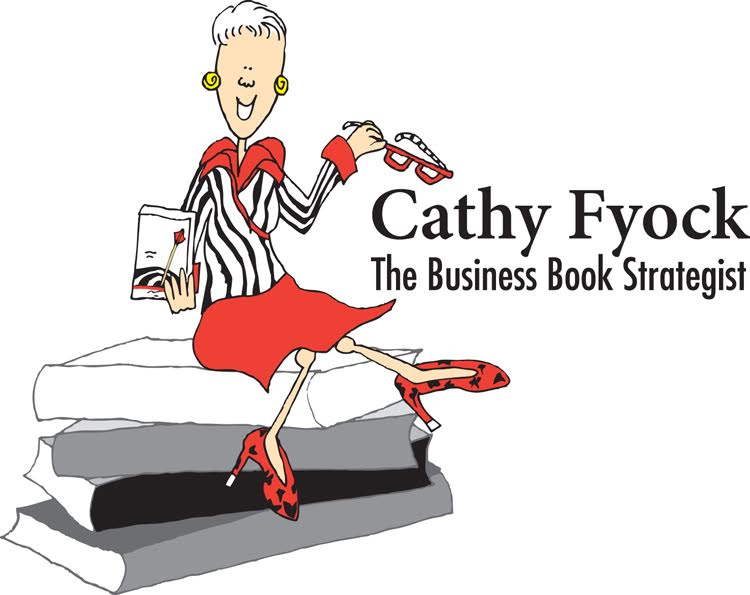At Influence–the annual convention for the National Speakers Association–I heard many of the speakers discuss the importance of empathy in developing client relationships, and I began to think about the importance of empathy in writing nonfiction.
When you approach topics with empathy, you communicate complex ideas in a way that resonates, making your work more accessible and impactful. Empathy also allows you to present your viewpoint, fostering trust and credibility with your audience. Ultimately, it enables you to connect with readers on a human level, making your message more powerful and relevant.
I suspect that you agree with that assessment, which brings you to the challenge: how do you create empathy with your readers and prospects as you write?
Understand your Audience: By deeply understanding your readers’ concerns, challenges, and aspirations, you can address these directly, showing that you genuinely care about the reader’s journey. Begin writing by asking, “What are my readers’ key questions?” It’s easier to begin writing when you’re answering a specific question.
Ask yourself, What does my reader need to know? Acknowledge what the reader is experiencing and name those issues in the beginning pages of your book.
For example, in Writer Crisis Hotline, coauthor Allie Pleiter and I say to the reader in the opening letter: “We hear you!” Next, we offer some of the thinking that our readers may be experiencing:
“My book has been on my bucket list for years.
I’ve started countless times and never finished the book.
I’m hopelessly stuck and can’t figure out how to move forward.”
In other words, we meet our readers where they are and point to the reasons they were drawn to our book.
Throughout the book you can use other techniques to keep inviting your reader into your narrative. Phrases such as these are powerful:
You told me . . .
I heard you say . . .
Maybe you’re like me . . .
Have you ever found yourself . . .?
Tell Vulnerable Personal Stories: You show your readers that you’ve “walked a mile in their shoes” when you make the connection by sharing real-life anecdotes and personal experiences. You may think that too many stories will water down your impact, when it is just the opposite. Stories are sticky and memorable, and they provide context for the key points you are espousing. I’ve yet to review a manuscript that has too many relevant stories!
Use Relatable Language: Writing in a clear, conversational tone can make complex topics feel more approachable, helping readers feel understood rather than overwhelmed. If your audience is academic, use academic language. Otherwise, keep your voice conversational.
Use “you” language. Make each idea relevant to YOUR audience.
By applying these techniques, nonfiction writers can cultivate empathy in your work, leading to more meaningful and impactful writing that leads to connection and potentially more business leads.

